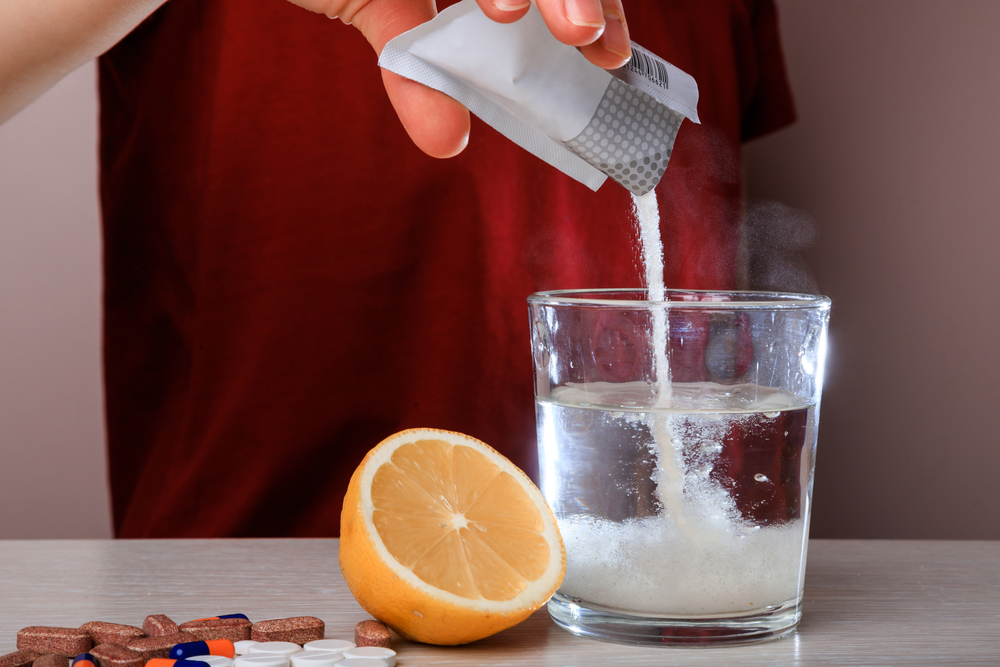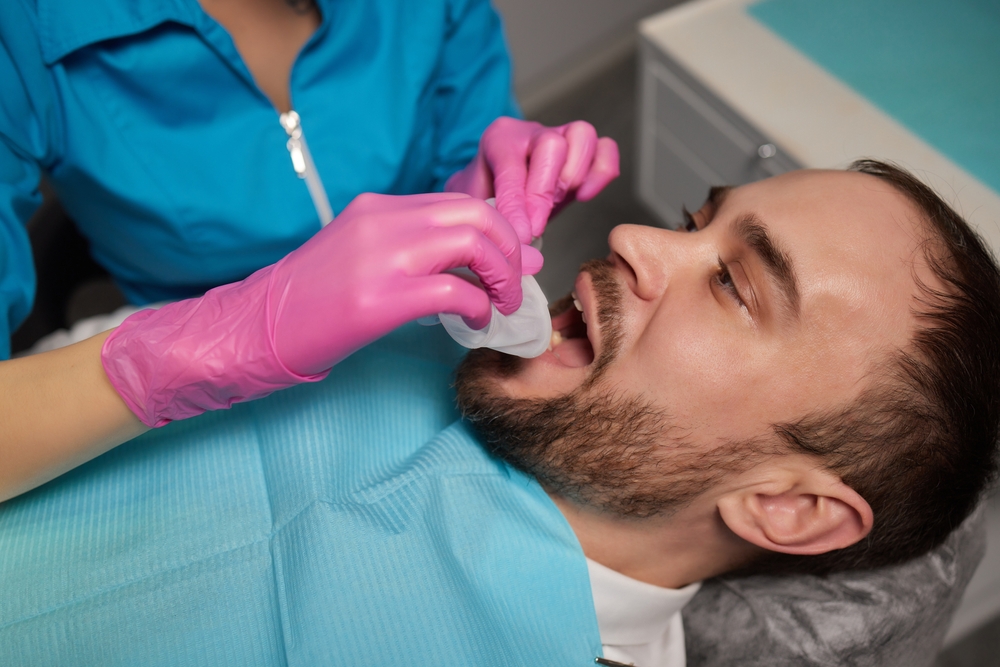If you suffer from a severe toothache, you may be wondering what the best course of action is. This article will discuss the causes of tooth pain, over-the-counter pain relievers, and emergency dental care. In some cases, the pain is temporary and may last less than six months. If this happens, however, you should contact a dentist for an evaluation. The dentist will be able to determine the root cause of the pain and prescribe a treatment that will help you recover from the discomfort.
Table of Contents
Treatments

Various remedies for severe toothache include icing the affected tooth and using a cold compress to relieve the pain. Moreover, salt water is also good for treating toothache since it has anti-bacterial properties that combat bacteria in the mouth. You can mix equal parts of ice and warm water and swish the mixture around your mouth. This remedy is especially beneficial for people who are suffering from toothache.
Your dentist will assess the cause of the problem and recommend the appropriate course of treatment. He may prescribe medications to ease your pain, perform x-rays, and examine your teeth and gums. In case of an abscess, he will drain the abscess and may prescribe antibiotics. In some severe cases, your dentist may prescribe intravenous antibiotics to reduce the swelling and discomfort. If a toothache persists after the initial treatment, it is best to seek treatment from a dentist immediately.
If the pain is caused by decay, you may have a cavity or loose filling. If you think the cavity is caused by a loose filling, you can get it fixed by getting a new filling. In some cases, the tooth may be infected and you might need root canal treatment. A root canal involves removing the infected pulp and inserting a special filling to prevent reinfection. Another treatment option for a toothache caused by TMJ is extraction. An impacted tooth may need to be removed, or it may be wedged between two other teeth, or it may be too far forward to be extracted. Whether you need to get a filling or have a root canal done, it is essential to schedule regular checkups with your dentist.
Painkillers are effective for a severe toothache, but they are only temporary solutions. For long-term relief, a dentist is required. These solutions are not as effective as the above-mentioned remedies, but can be helpful. Keep in mind that over-the-counter medications can only give you temporary relief. However, these medications will not cure a toothache completely. If you want to avoid using these medications, it is best to see a dentist as soon as possible.
Home remedies

Cloves and mints are both excellent home remedies for severe toothache. Both are powerful antibacterial, anti-inflammatory, and antioxidant properties. They are also effective at numbing the pain in the affected area. A whole clove can be placed on the affected tooth or held between the upper and lower jaw to relieve the pain and inflammation. The juice of a lemon can also be applied to the affected area. These remedies are not intended to be used by children.
Avocado seeds are also excellent toothache remedies. Avocado seeds contain anti-oxidants. Simply grind a few avocado seeds and apply them to the painful area. You can also use one tablespoon of sea salt. While soaking the seeds, make sure to avoid using this remedy if you are pregnant or breastfeeding. Also, be sure to follow all instructions carefully so that you don't cause any harm to the unborn baby or your mother-to-be.
Alternatively, you can use peppermint tea bags to reduce pain and swelling. Just steep a couple of leaves in a cup of boiling water for 10 minutes and then place it on the affected tooth. Turmeric is also a great home remedy for severe toothache because it contains antibacterial and antifungal properties. Apply a paste of turmeric to the affected area and you'll notice a dramatic improvement in your pain.
Another option for toothache relief is to elevate your head. This way, your head will be elevated and blood pressure will be reduced in your head. You may also apply a cold compress or clove oil diluted in olive oil. Another way to relieve the pain is to take an over-the-counter or topical pain killer. For even faster relief, you can apply clove oil diluted with olive oil to the affected area.
Emergency dental care

Toothache is not a nuisance, but an indication that something is wrong with your teeth. Emergency dental care is important when the pain is too severe to handle at home. A toothache could also lead to an infection in your mouth that requires immediate treatment. Symptoms of a severe infection may include jaw pain, bad breath, or difficulty swallowing. If the pain is severe and interrupts your daily activities, call a 24-hour emergency dentist right away.
While the pain that follows can be treated with over-the-counter medication, it's important to seek emergency dental care. You may be suffering from a severe toothache and have a fever. A fever is a sign that an infection has taken place, and inflammation around the affected tooth may be causing the pain. Bad breath and a strange taste in the mouth may also indicate a serious problem. When a toothache persists after the pain relievers are no longer effective, you should seek immediate dental care.
Depending on the severity of the toothache, an emergency dentist may recommend a root canal. An infection in the pulp of a tooth may lead to pain and discomfort, and if left untreated, could lead to the death of the entire tooth. In these cases, an emergency dentist will remove the damaged pulp and seal it. If the tooth has broken, a crown may be placed on it to prevent further damage.
Although emergency dental care for severe toothache is always recommended, a tooth chip may not require immediate treatment. If the chipped tooth is not accompanied by pain, you can wait a few days before visiting your dentist. If the shipping does not cause pain, however, you may be able to wait for a few days before undergoing an appointment. If a chipped tooth does not cause a lot of discomforts, you may be able to wait until it has healed.
Over-the-counter pain relievers

A toothache can be very uncomfortable. This type of pain can be particularly difficult to deal with, as you are probably unable to concentrate on other things. While you may want to get to a dentist immediately, there are times when you simply cannot wait until you can get to one. To help you manage your pain until you can see a dentist, we've provided some tips that may help.
Although it's tempting to reach for an over-the-counter pain reliever, you should consult a healthcare professional before taking any kind of medication. OTC pain relievers can interact with prescription medications, so make sure to check the label carefully. Also, remember to take pain relievers as prescribed by the manufacturer, as overdosage can cause serious side effects, and you shouldn't take them for extended periods of time.
Although many over-the-counter pain relievers are effective for the pain of a toothache, not all of them are effective. The most effective toothache medicine will not only reduce the sensation of pain, but will also reduce swelling. Among the best over-the-counter pain relievers for a toothache are acetaminophen, ibuprofen, and paracetamol. Ibuprofen has the added benefit of being anti-inflammatory, but it is not recommended for people with asthma or gastrointestinal problems. Additionally, aspirin can cause bleeding and should be avoided by patients who are allergic to aspirin.
Over-the-counter pain relievers are available in a variety of forms and dosages. However, they have many side effects. You should ask your healthcare provider or pharmacist about which pain relievers are safe to take if you are on another medication. Also, you should be cautious when using OTC pain relievers for severe toothache. They can interact with prescription pain relievers and should not be taken without the consent of a health care professional.
Diagnosis

A toothache is a painful sensation that can occur in babies and adults. The cause of toothaches can be several different things. It could be tooth decay or something else, such as a bacterial infection. There are also non-dental causes of toothaches, such as maxillary sinusitis or angina pectoris. Diagnosing the cause of the pain can be difficult. Listed below are some of the more common causes of toothaches.
A dentist will ask questions to arrive at a diagnosis. Some of these questions may be obvious, while others might not be. If you are undergoing emergency dental care for a toothache, your dentist may prefer to wait for your symptoms to change or localize before prescribing antibiotics. However, some symptoms are more serious and need more specialized care. Your dentist will be able to answer any questions you may have about your pain and determine whether treatment is necessary.
The primary goal of the differential diagnosis of a toothache is to determine its etiology. The pain in the affected tooth may be referred or neuropathic, or it could be a secondary source. Regardless of its cause, a correct diagnosis is essential for the fastest relief. In this way, the clinician can provide the appropriate treatment. However, the patient must be seen quickly, so a proper diagnosis should be performed as soon as possible.
Pulpitis is another common cause of tooth pain. This condition occurs when the pulp tissue inside the tooth becomes inflamed or irritated. Common symptoms include sensitivity to temperature, pain that interrupts sleep, and referred pain to the temple and head. Treatment for this type of tooth pain involves the removal of the affected tooth and placement of a dental restoration. The pain in a tooth can be quite severe and can be difficult to treat, even if it is simply a symptom of tooth decay.


